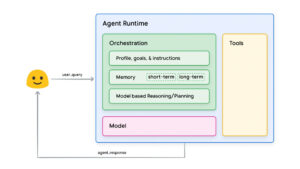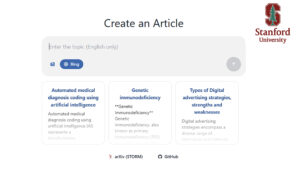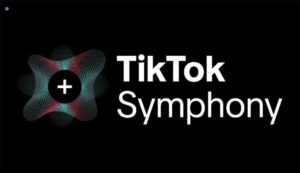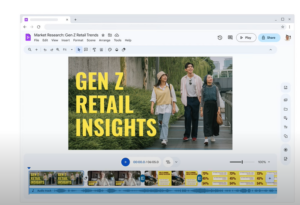A recent survey has revealed a surprising trend: a significant number of small businesses have yet to embrace artificial intelligence (AI), or have only done so minimally. Among those that have integrated AI into their operations, however, the reported benefits—particularly in the realm of hiring—are substantial.
Over the past year, headlines have been dominated by news of AI’s rapid integration into businesses across industries. Large corporations have eagerly turned to the technology to boost efficiency and productivity. Yet, the adoption of AI among smaller companies appears to be lagging behind. A new study by Gusto, a payroll software company, sheds light on the state of AI adoption among small businesses and highlights some unexpected insights about its impact.
Limited AI Adoption Among Small Businesses
Gusto’s survey, which polled 1,300 small businesses, revealed that 43% of respondents had never considered using generative AI (GenAI) in their business operations. Another 31% indicated their engagement with the technology was limited to experimentation. This means that two-thirds of small businesses are either hesitant to adopt AI or have yet to explore its full potential.
This hesitation is notable given the accessibility of AI tools, many of which are available for free or at a low cost. Generative AI applications, like ChatGPT and Bard, are designed to process large datasets and improve through user interactions. These tools have proven effective in automating tasks such as drafting emails, conducting research, enhancing search engine optimization, generating marketing content, and managing customer relations.
The Benefits of AI for Early Adopters
Despite the slow overall adoption, the 15% of small businesses that have incorporated AI into their operations and the 11% that have enthusiastically adopted the technology are seeing notable advantages. According to the survey, businesses using AI are 45% more likely to find and hire employees to fill job openings than those that do not use the technology.
This hiring edge stems from AI’s ability to handle repetitive and time-consuming tasks. By automating these tasks, businesses free up their employees to focus on more strategic and fulfilling activities. This dynamic not only enhances the hiring process but also contributes to employee satisfaction and productivity. Gusto's report highlights that employees in AI-driven workplaces often exceed expectations due to the opportunities created for them to engage in meaningful work.
“Using GenAI to automate some tasks allows business owners the ability to offer meaningful and high-impact work,” the report noted. “This increases the likelihood of finding employees that are eager to help grow their businesses.”
The Role of Generative AI in Empowering Teams
Generative AI’s strengths lie in performing tasks that require repetitive, sequential, or compilation-oriented processes. For new hires, this means less time spent on mundane “grunt work” and more time dedicated to critical business-building activities. As a result, businesses that adopt AI report stronger employee performance and satisfaction.
Moreover, the integration of GenAI allows business owners—who often juggle multiple roles as "chief everything officers"—to offload some responsibilities. This benefits both owners and employees, enabling teams to focus on high-impact initiatives.
“Small business owners are hiring early employees to help them build the business and wear just as many hats as they wear,” explained Nicholas Tremper, Gusto’s senior economist. “GenAI can not only take off hats from the business owner, but it does some of this for the employees as well and helps increase their productivity.”
Generational Differences in AI Adoption
The survey also found that younger business owners—namely Millennials and Gen Z—are more likely to embrace generative AI than their Gen X and Boomer counterparts. This generational gap is not surprising, as younger entrepreneurs are typically more tech-savvy and open to experimenting with new tools. Their comfort with technology positions them as early adopters of AI in the small business landscape.
The Path Forward for Small Businesses
While the findings reveal a cautious approach to AI adoption among many small businesses, they also underscore the transformative potential of the technology. Companies that integrate AI into their operations gain a competitive edge, particularly in recruiting and retaining talent. By automating routine tasks, they create a more dynamic work environment that benefits employees and business owners alike.
As generative AI continues to evolve, its applications are likely to expand, making it an even more valuable tool for small businesses. For those still hesitant, the experiences of early adopters provide a compelling case for exploring AI’s potential to enhance productivity, streamline operations, and drive growth.




















































































































Validate your login
Sign In
Create New Account